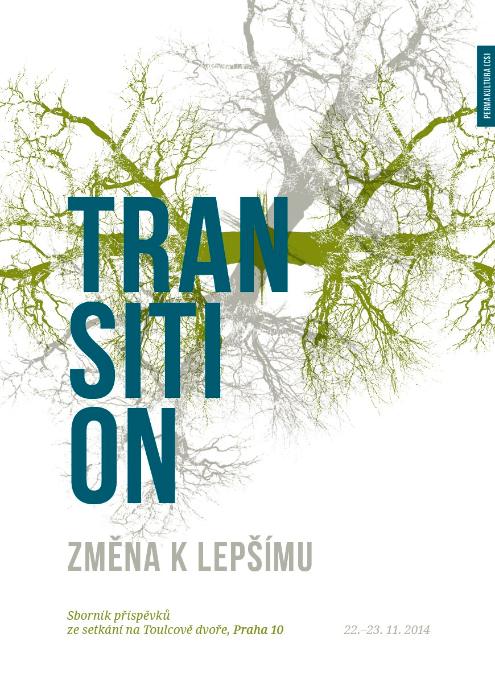Kolářová, Marta. 2020. „Climate Change and the Transition Movement in Eastern Europe: The Case of Czech Permaculture“. Czech Sociological Review. 3/2020. [cit. 25.08.2020]Available from: https://sreview.soc.cas.cz/en/artkey/csr-202003-0004_climate-change-and-the-transition-movement-in-eastern-europe-the-case-of-czech-permaculture.php
This paper focuses on a grassroots community movement address-ing climate change: the transnational Transition (Towns) movement. While this movement has mainly spread to Anglophone countries, it is almost en-tirely absent from Eastern Europe and the Czech Republic in particular. The aim of this paper is to explain why the Transition movement—a grassroots community initiative—has not been successfully adopted in the post-social-ist Czech Republic, and why the issue of climate change has not become an important frame for the local permaculture movement which introduced the idea of Transition to the country. The paper presents an analysis of ideological frames and framing processes of the local movement. Reasons identified for the movement’s absence from the Czech Republic include the fact that it was largely overshadowed by the broader post-socialist transformation in Eastern Europe, that there was little public awareness of climate change and no real culture of community organising in the post-socialist period, and that a strong climate scepticism was promoted by Czech political elites. Other reasons re-late to the ideological frames of the local permaculture movement, which is centred more on prognostic and mobilising frames, combined with a positive agenda and an emphasis on practical activities, and revolves around individ-ualised strategies and frames in which permaculture and a nature religion (Anastasian spirituality) are linked to the concept of a ‘family homestead’. The research draws on in-depth interviews with permaculture practitioners, media analysis, the study of documents, and participant observation.
Authors
Department
Topics
Climate Change, Civil Society, Environment
